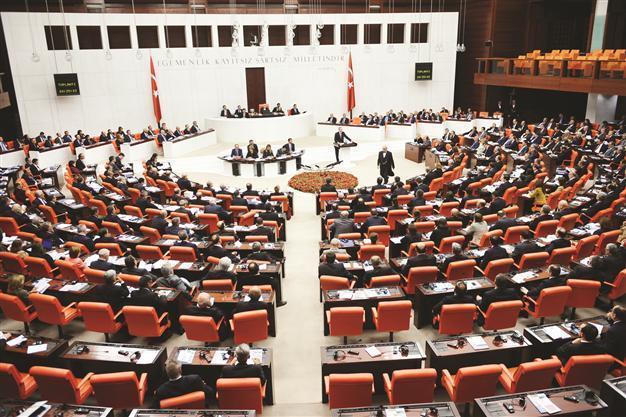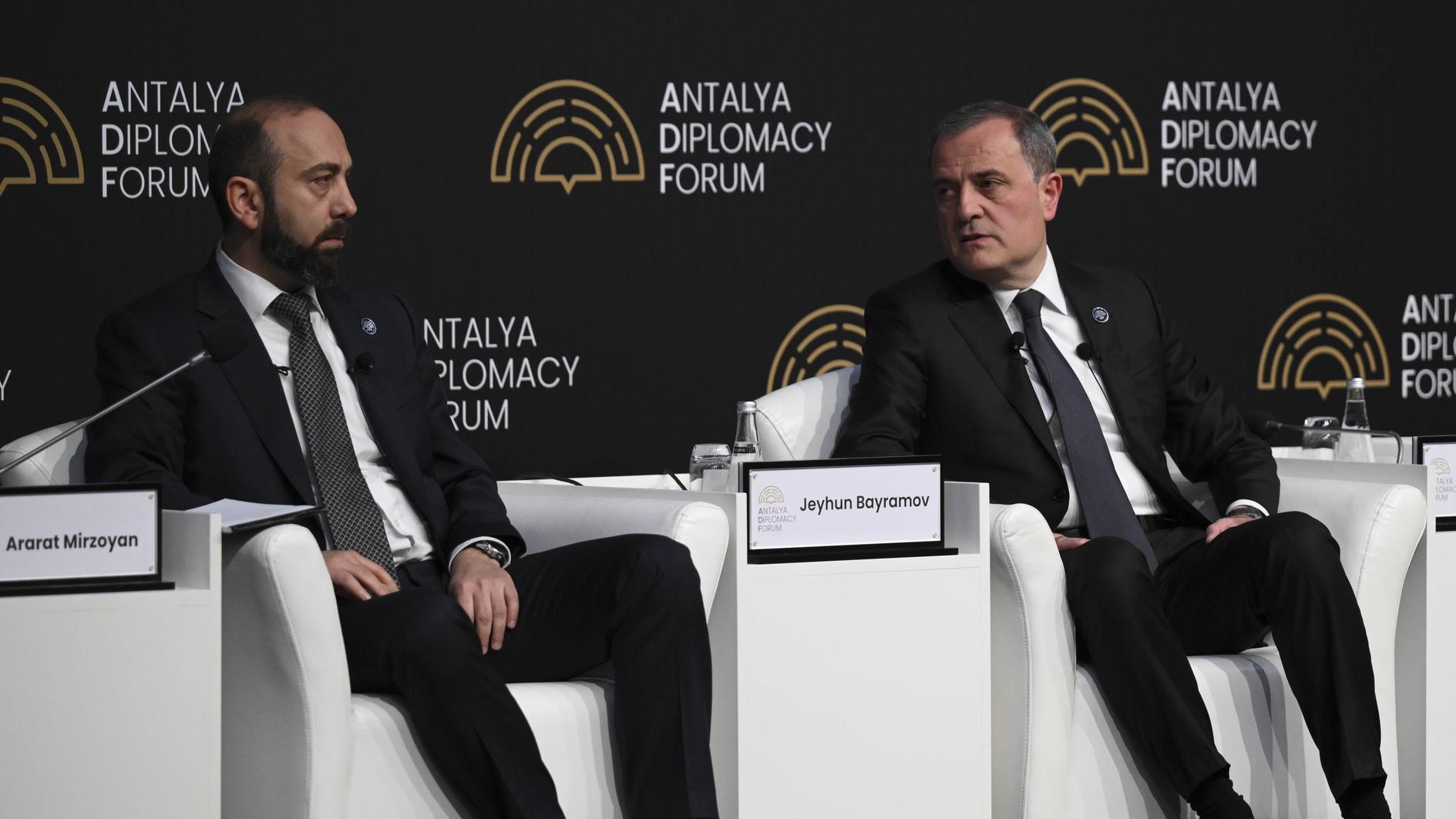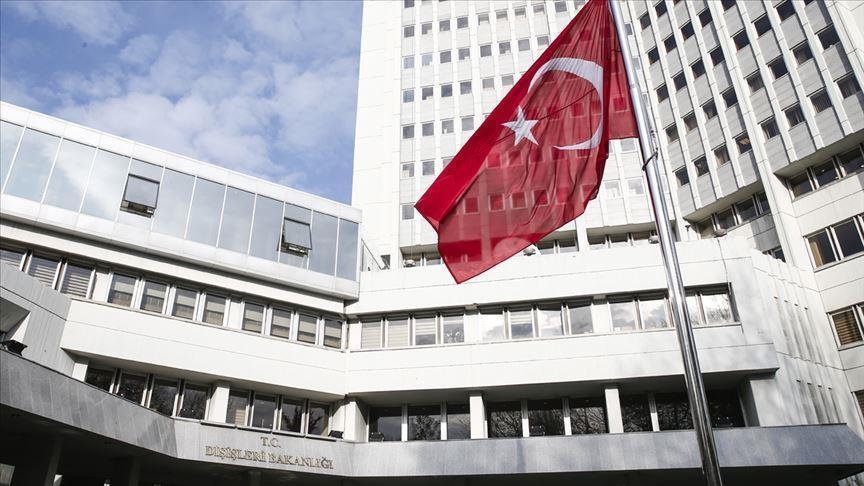Turkish Parliement to be open to scarves
ANKARA - Hürriyet Daily News

Charter panel agreed on an article introducing quotas for women to participate in greater numbers in political party headquarters, provincial organizations, city councils, universities, labor unions and judicial organs. DAILY NEWS photo, Selahattin SÖNMEZ
Parliament’s Constitution Conciliation Commission has reached four landmark decisions under the section of Fundamental Rights and Freedoms: paving the way for women with headscarves to become public servants and mayors, giving a green light to women’s quotas, including a mention of “sexual orientation” as a part of a rationale within the equality clause and classifying everyone below the age of 18 as a child.The four agreed articles have long caused controversy on a legal and constitutional level, as much as among the four parties in Parliament.
Regarding the wearing of headscarves, all four parties have maintained a consensus as the new version of the article has become: “The state takes precautions to remove obstacles and all sorts of discrimination that make it difficult for women to use their rights and freedoms in political, social, economic and cultural areas.”
Women’s quota
It is widely interpreted that this will pave the way for women wearing headscarves to participate freely in public service.
Another remarkable decision was the fact that women’s quotas have entered the draft Constitution for the first time with a four-party consensus. It will now be legitimate to implement quotas in order for women to participate in greater numbers in political party headquarters, provincial organizations, city councils, universities, labor unions and judicial organs among organizations.
“Sexual orientation,” a critical term for the lesbian, gay, bisexual and transgender (LGBT) community, was omitted despite a proposal by the Peace and Democracy Party (BDP); still, it was mentioned as part of a rationale of the article on equality. Previously the ruling Justice and Development Party (AKP) and the Nationalist Movement Party (MHP) had been staunchly against mentioning the term in the Constitution. AKP deputies had even argued beforehand that if it were done, people would call it a “homosexual Constitution.”
The BDP demanded the term “ethnic origin” to be included in the equality section as well, which was accepted by the AKP and the main opposition Republican People’s Party (CHP), while the MHP opted out.
The rights of children section has also been revised, as a solution to the disparity between the Turkish Criminal Code (TCK) and the Civil Code on the definition of being a child was found.
“Everyone younger than the age of 18 is a child,” was the statement the parties agreed on. Moreover, children’s participation will be sought while reaching decisions concerning them. Every child will have the right to know their parents, freely express views and be provided – with necessary custody – health and social services should they part from the family environment. On this article, the BDP demanded the expression of “children’s right to use their own language,” which was opposed by the MHP but received the consent of the AKP and the CHP.
The commission has also come up with a solution to the problem of “stone-throwing children” and agreed
they would not to be jailed pending trial. In cases where arrest is inevitable, children are to be put into penitentiaries with other children and not with adults, to avoid harassment of them.
First headscarved deputy
Turkish Parliament has seen one headscarved lawmaker, Merve Kavakçı, who was prevented from performing her duties as a deputy.
Kavakçı was elected as Istanbul deputy for the Virtue Party (FP) in 1999. She was prevented from taking the parliamentary oath for wearing a headscarf, and her citizenship was consequently annulled on arguments that she was a citizen of the United States. The incident triggered the Constitutional Court to dissolve the FP in June 2001 for it had become a “center of activities contrary to the principle of secularism.”
Kavakçı last year said she regarded her case an extension of the Feb. 28 process, the harsh army-led campaign that forced Turkey’s first Islamist prime minister, the late Necmettin Erbakan, to resign in June 1997.
















